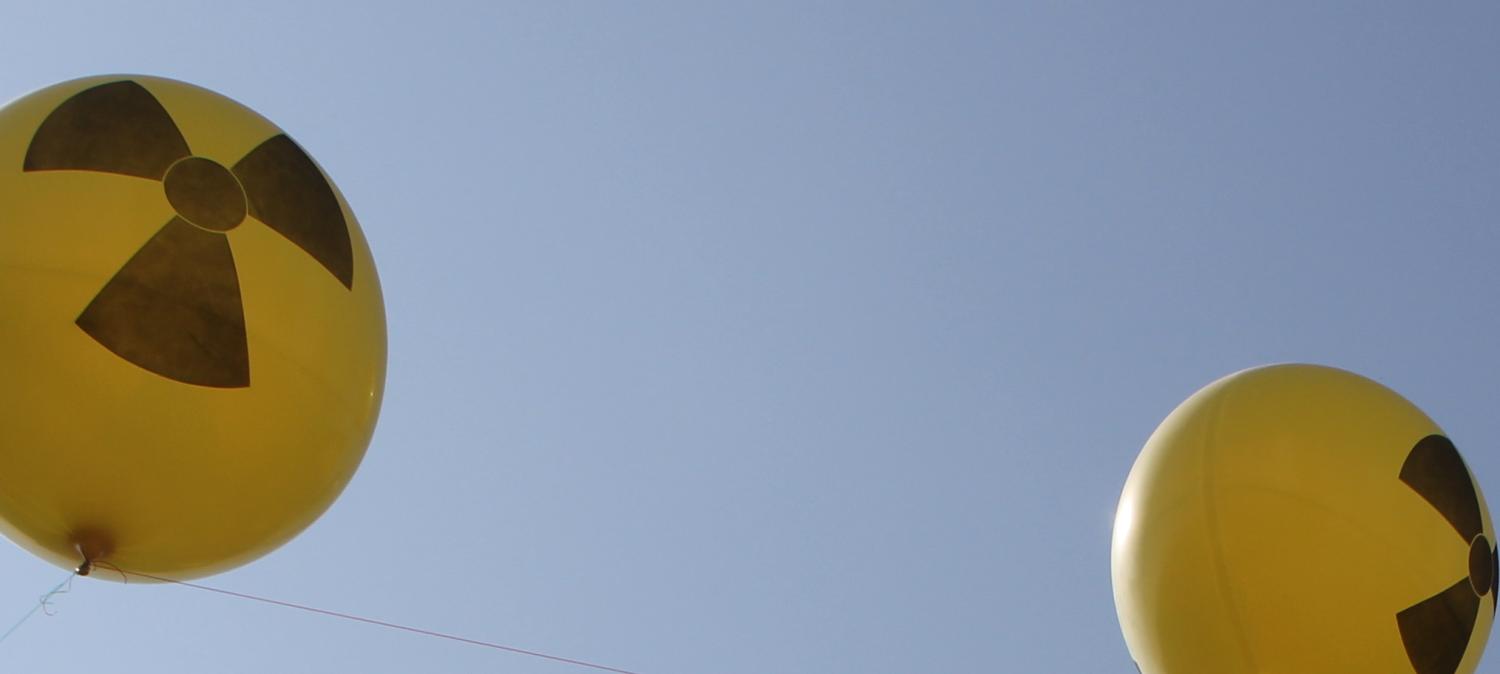In just over a week, President of South Korea Moon Jae-in will sit with his northern counterpart, Supreme Leader of North Korea Kim Jong-un, at Panmunjom, the historic site of the 1953 armistice, for the third instalment of the inter-Korean summit (to be broadcast live).
The summit will occur in between two very different meetings, following Kim’s visit to Beijing to reinforce ties with China, and before an expected US–North Korea dialogue, hailed as a momentous occasion after news of CIA Director and US Secretary of State nominee Mike Pompeo’s visit to Pyongyang.
Mike Pompeo met with Kim Jong Un in North Korea last week. Meeting went very smoothly and a good relationship was formed. Details of Summit are being worked out now. Denuclearization will be a great thing for World, but also for North Korea!
— Donald J. Trump (@realDonaldTrump) April 18, 2018
As implied by this tweet from US President Donald Trump, in all these meetings no word is more important than “denuclearisation”. Yet it is important to recognise the lack of agreement on this term between the two sides, a division that needs to be understood if the talks are to achieve a worthwhile result.
The meaning of denuclearisation is fraught. Washington and Seoul want denuclearisation of North Korea: abandonment of the North’s nuclear program, which it has developed and refined for more than 40 years. As Trump tweeted after a South Korean envoy met with Kim in March:
Kim Jong Un talked about denuclearization with the South Korean Representatives, not just a freeze. Also, no missile testing by North Korea during this period of time. Great progress being made but sanctions will remain until an agreement is reached. Meeting being planned!
— Donald J. Trump (@realDonaldTrump) March 9, 2018
Pyongyang has a very different perspective. Kim Jong-un wants denuclearisation of the entire Korean Peninsula. Indeed, the North frequently justifies its nuclear possession on grounds of deterrence – to deter the threat from another nuclear power, the US. If Washington is able to possess nuclear capability, why should Pyongyang be stopped from doing so?
Aiming to denuclearise the Peninsula may seem counterintuitive, since US nuclear weapons were withdrawn in the 1990s and none remain stationed on the Peninsula. Yet Kim’s objectives for this proposal are clear: first, to ensure security for his regime; and second, to drive a wedge between the historic US–ROK and US–Japan alliances.
Given the length of time North Korea has spent procuring its nuclear program, reconciling these differing views on “denuclearisation” seems a long shot. The inter-Korea summit may instead pave the way for some compromise on the North’s nuclear program, such as a cap on nuclear production.
“Real denuclearisation”, in the words of Trump’s hawkish National Security Advisor John Bolton, is unlikely to occur on Washington’s terms. For the Kim regime, the recent strikes on Syria will also reinforce the view that North Korea needs to keep its nuclear weapons for defensive purposes.
Iraq, Libya, and now Syria are all examples of the US intervening in domestic affairs, and for Kim are reasons to treasure his nuclear arsenal even more. Indeed, we should not be surprised if the North’s nuclear weapons are here to stay, even after both talks take place.

